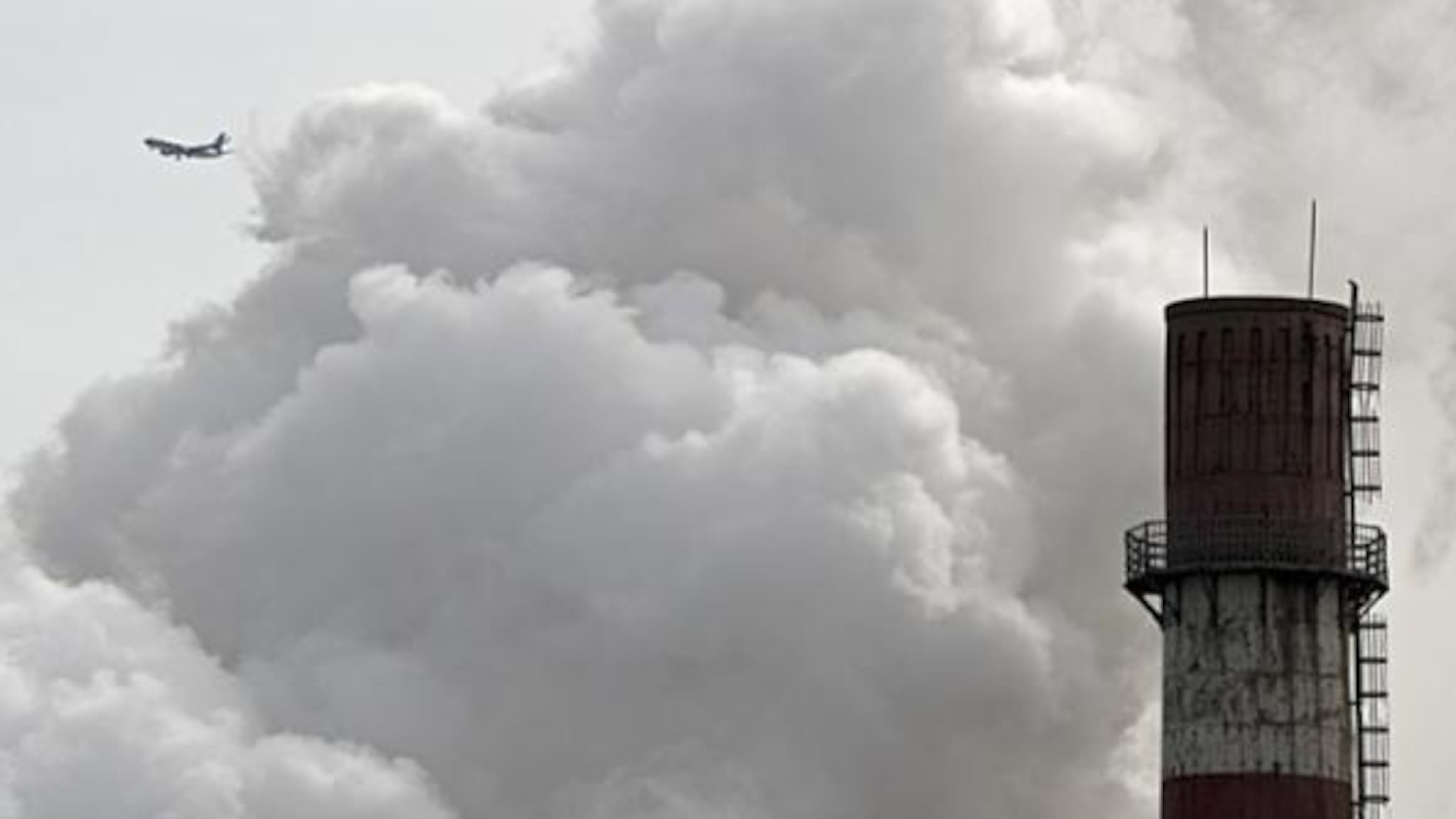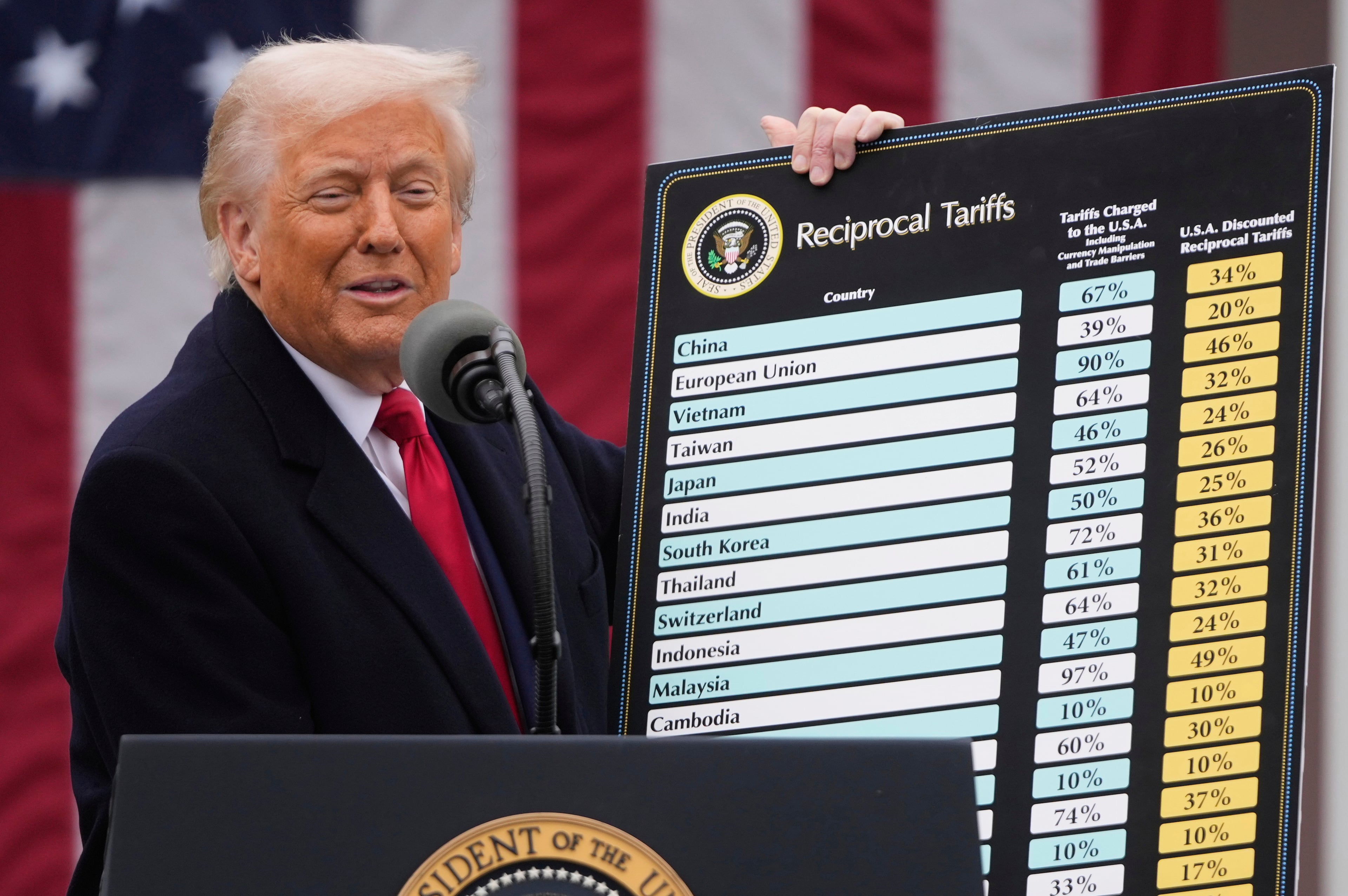15,000 scientists warn it will soon be 'too late' to save Earth

More than 15,000 scientists have signed a dire warning letter to humanity, urging society to address major environmental concerns.
"Soon it will be too late to shift course away from our failing trajectory, and time is running out," scientists wrote in the letter signed by 15,364 of their colleagues from 184 countries. "We must recognize, in our day-to-day lives and in our governing institutions, that Earth with all its life is our only home."
Titled as a "Second Notice," the stern warning comes 25 years after similar concerns were expressed in a letter backed by more than 1,700 scientists. However, as the updated warning points out, things have significantly worsened since then.
"Humanity has failed to make sufficient progress in generally solving these foreseen environmental challenges, and alarmingly, most of them are getting far worse," the letter says.
Freshwater resources and vertebrate species have dropped by approximately 25 percent since 1960. At the same time, marine dead zones have increased dramatically by 75 percent and carbon dioxide emissions have risen by 62 percent. The human population has also skyrocketed from 3 billion to roughly 7.6 billion.
Furthermore, human activity has "unleashed a mass extinction event, the sixth in roughly 540 million years, wherein many current life forms could be annihilated or at least committed to extinction by the end of this century," the scientists warn.
The only hopeful part of the letter points to the stabilization of the stratospheric ozone layer. According to Newsweek, scientists revealed this month that the hole in the ozone layer, which hovers above Antarctica, is the smallest it has been since 1988.
But this one positive development isn't enough to curb the impending crisis, according to the scientists.
"Humanity is now being given a second notice ... We are jeopardizing our future by not reining in our intense but geographically and demographically uneven material consumption and by not perceiving continued rapid population growth as a primary driver behind many ecological and even societal threats," they wrote.
The scientists said humanity must quickly "limit population growth, reassess the role of an economy rooted in growth, reduce greenhouse gases, incentivize renewable energy, protect habitat, restore ecosystems, curb pollution, halt defaunation, and constrain invasive alien species .... Humanity is not taking the urgent steps needed to safeguard our imperiled biosphere.”
Drastic solutions are required to solve the coming global crisis, according to the scientists. These include phasing out fossil fuels while encouraging renewable energy sources, transitioning to a more plant-based diet, reducing food waste overall and prioritizing reserves for Earth's land, marine, freshwater and aerial habitats.
"To prevent widespread misery and catastrophic biodiversity loss, humanity must practice a more environmentally sustainable alternative to business as usual," the scientists wrote.
While nations around the world have officially recognized the need to address these concerns and the threat to humanity's existence, the current U.S. administration appears uninterested in heeding such warnings.
President Donald Trump said in June that he would pull the U.S. out of the landmark 2015 Paris climate agreement, joining only two other nations – Syria and Nicaragua – which had not signed the international accord.
Since then, Nicaragua agreed to sign the agreement in October, and Syria followed earlier this month.
Instead of addressing greenhouse gas emissions as the Paris accord requires, the White House said it "will promote coal, natural gas and nuclear energy as an answer to climate change,” a decision scientists around the globe have warned against.
More Stories
The Latest

